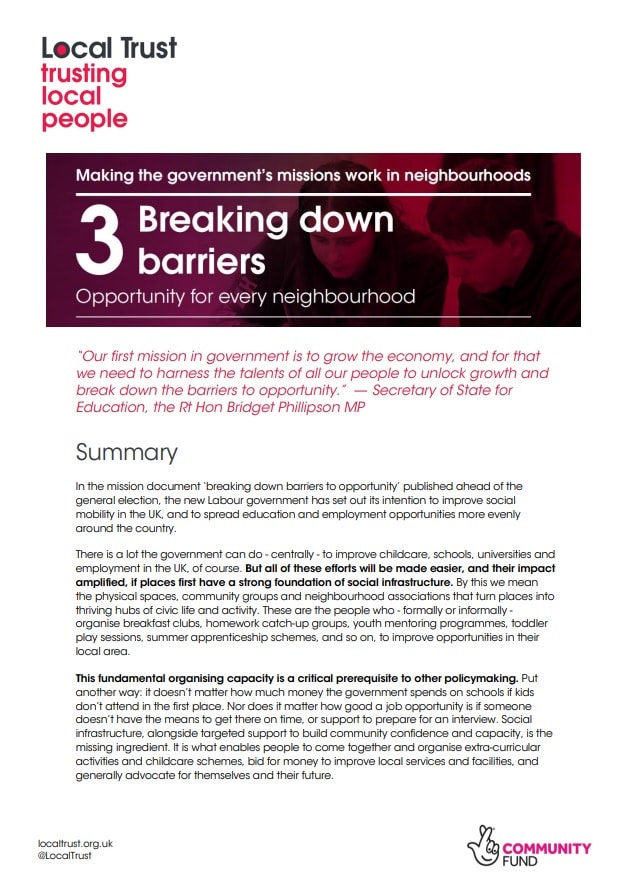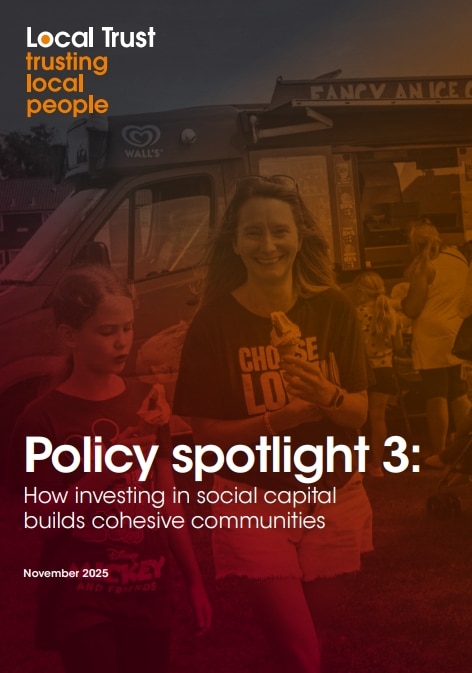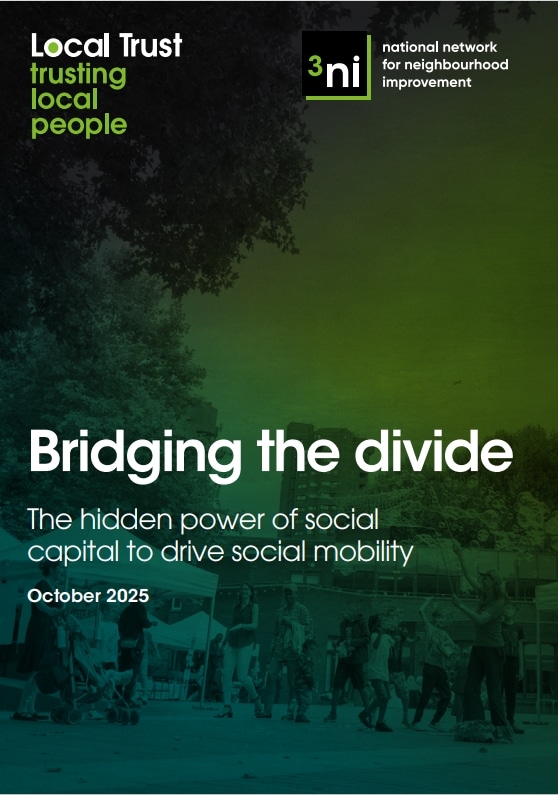Breaking down barriers
This paper examines education and employment at the neighbourhood level - and how the new government has the chance to develop a strategy with the potential to transform outcomes for the most deprived children and young people across the country.

This paper looks at education and employment inequalities across the country at neighbourhood level, examining the Labour government’s intention to improve social mobility in the UK and break down barriers to opportunity for everyone.
Today in Britain, opportunity is a postcode lottery. The best predictor of a child’s life chances at birth is not their ability, or their work ethic, but where they are born. We know that wealth is a big factor. But social networks – particularly at the local level – also matter more than we think. Without them, whole cohorts are being left without the support they need.
Young people are not the only ones who suffer. Without strong support networks, their parents, teachers and the wider community are also more likely to experience negative outcomes, such as higher rates of mental health problems, greater incidences of crime and a weaker local economy.
The new government has the chance to develop a more systematic strategy, with the potential to transform outcomes for the most deprived children and young people across the country.
This paper shares five recommendations the government could take on board, as it works towards its goal of improving the UK’s childcare and education systems and spreading employment opportunities more evenly across the country.
It forms part of our series of short papers, ‘Making the government’s missions work in neighbourhoods’. The series explores how learning from the Big Local programme can inform the delivery of the new Labour government’s five missions, and where these could have the greatest impact – at the neighbourhood level. These missions span policy across health, economic growth, education, energy and crime.



